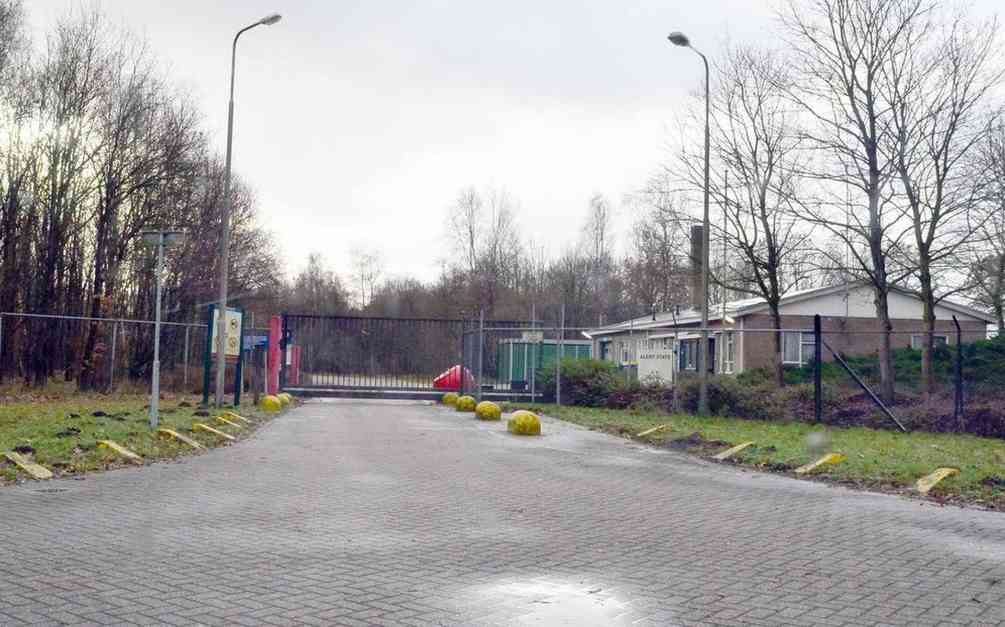The Minister responsible for Health Frédéric Valletoux wanted to be reassuring on Thursday during a trip to Mayotte, deeming the cholera epidemic which has been raging on the island for around two months and which caused a first death on Wednesday “contained”. “We have an outbreak of cholera which is contained. There is no explosion, but that does not mean that it will stop overnight,” the minister told the press, on the sidelines of a visit to the island’s university hospital.
If “the number of cases that we have today is not stabilized”, the “rapid, coordinated and proportionate intervention of the services” made it possible to keep the “situation under control”, he added . Earlier, the minister visited the Kirson district of Koungou, where at least fifty cases of cholera have been declared to date and where a three-year-old girl died Wednesday evening.
Frédéric Valletoux noted that in neighboring Comoros, “the epidemic started a month and a half earlier but today there are thousands of cases and almost a hundred deaths.” “We see that in Mayotte, the response is adequate,” he compared. On site, he spoke with the teams from the Regional Health Agency (ARS) responsible for disinfecting homes as soon as a case is suspected. “We also distribute antibiotics to relatives and we vaccinate as much as possible. The population is very receptive,” explained Olivia Noël, field coordinator who is one of the 29 reservists who came as reinforcements to “contain the epidemic” in this French island in the Indian Ocean.
Estelle Youssouffa, Liot MP from Mayotte, recalled that “the population, mostly foreigners, does not always have a telephone and is often afraid of the authorities” so “people wait until the last moment” to notify emergency services. The elected official recommends relaunching the distribution of bottled water to limit the risks of contamination by unclean water, one of the vectors of transmission of the disease with contaminated food. The first cases of cholera in Mayotte were recorded in mid-March among people returning from neighboring Comoros, where the epidemic is surging with 98 deaths according to the latest official report. In Mayotte, the first cases diagnosed in patients who had not left the island appeared at the end of April.
Cholera, a bacterial disease, can cause acute diarrhea and lead to death from dehydration within one to three days. Since mid-March, 58 cases of cholera have been recorded by the Mahorese authorities, including six active cases at the last report dated May 6. A protocol developed in February to prevent the spread of the disease provides for the disinfection of the patient’s home, the identification and treatment of contact cases and vaccination by gradually expanding the area concerned around the home of the patient suffering from cholera.
At the Mayotte University Hospital, Alimata Gravaillac, head of the emergency department, stressed that kwassas, these boats usually used by migrants from neighboring Comoros to reach Mayotte, “arrive directly at the hospital with sick people”. These convoys, which she calls “health kwassas”, cause “additional pressure for caregivers”. Emergency doctors, who have “40 patients to treat” when they start work, will have to “keep going for the long term,” she estimated. Estelle Youssouffa stressed that the convoys “can contaminate others during the journey”.
Questioned on RTL, Benjamin Davido, infectious disease specialist at Garches hospital (Hauts-de-Seine), stressed that “to close the tap valve, we would have to, in quotes, also tackle what is happening in the Comoros “. The current epidemic will be “very difficult” to “curb, and we risk ending up with a very rapid increase in cases, perhaps even several other deaths which will occur”, he warns.




















